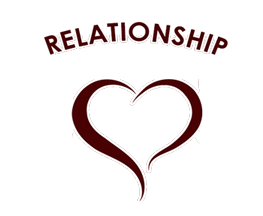Today’s topic is healing infidelity, understanding the connection to attachment styles and rebuilding trust.
Are Attachment Styles Linked to Cheating?
In this informative conversation you’ll gain a better understanding of the connection between the two.
Have you ever wondered why some people are more likely to cheat in relationships?
As a couples therapist with over 35 years of experience, Todd Creager has helped thousands of couples heal after infidelity.
Through this work, he’s discovered a fascinating connection between attachment styles and cheating that he wants to share with you today.
In this video, he dives deep into how understanding attachment styles can help both the betrayed partner and the betrayer heal after infidelity.
Here are some key reasons why you should watch:
• Learn how your attachment style may be influencing your relationship patterns and behaviors
• Discover why avoidant and anxious attachment styles can increase the risk of cheating
• Understand how to heal attachment wounds to create more security in your relationship
• Get practical tips for using journaling to increase self-awareness around attachment issues
• See real examples of how couples have transformed their relationships by addressing attachment
As Todd explains in the video, our early attachment experiences shape how we relate to partners as adults. Those with avoidant attachment tend to push partners away and struggle to feel love.
This emotional disconnection can make them more vulnerable to cheating.
On the other hand, anxiously attached individuals desperately seek validation from others, which can also lead to infidelity.
By recognizing these patterns, both the betrayed partner and betrayer can start to heal.
Todd shares specific strategies like journaling exercises to help increase self-awareness and integration of different “parts” of ourselves. This inner work is crucial for rebuilding trust and intimacy.
One of the most powerful transformations Todd’s witnessed is when couples learn to attune to each other and co-regulate their nervous systems. As they create more emotional safety, the need to seek validation or escape intimacy through cheating diminishes.
While healing from infidelity is challenging, understanding the role of attachment can accelerate the process.
If you’re struggling in the aftermath of cheating, Todd encourages you to watch this video for deeper insights into how attachment impacts relationships. With the right tools and support, it is possible to heal and create an even stronger bond.
And be sure to watch the full video for more details on how attachment styles influence cheating and what you can do about it.
Ready to start your healing journey? Download my free guide on “Healing Infidelity from the Inside Out” below to learn more about my step-by-step approach.
Go From Hurting to Happy Today...
When you click the button below, you’ll gain access to my exclusive Healing Infidelity From The Inside Out Guide.
It’s a powerful resource that will support you every step of the way, providing practical guidance and actionable steps toward finding peace within yourself.
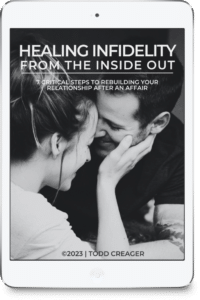
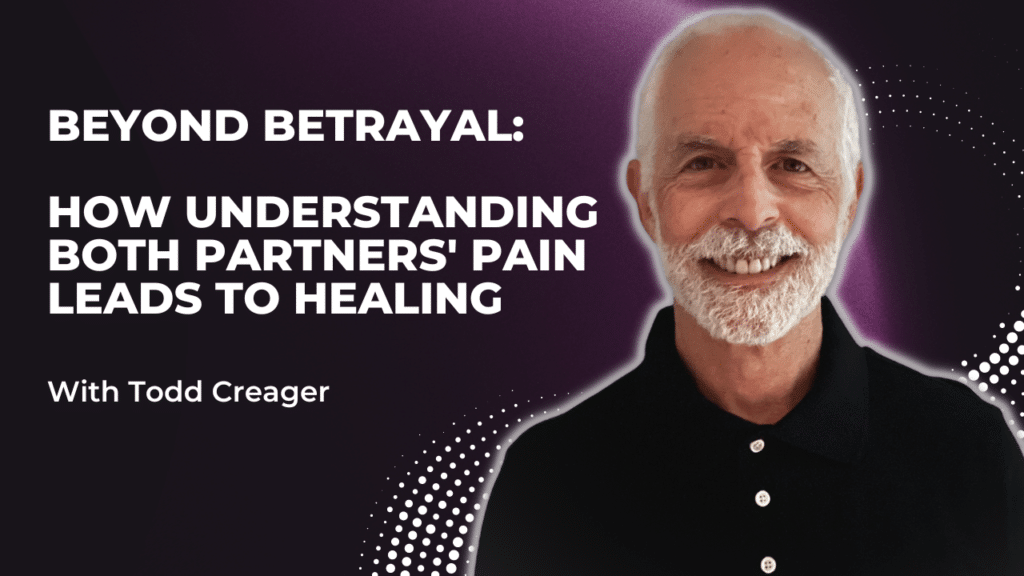
Find out how understanding both perspectives can help you heal from the pain and confusion of infidelity. Rebuild trust and strengthen your relationship.
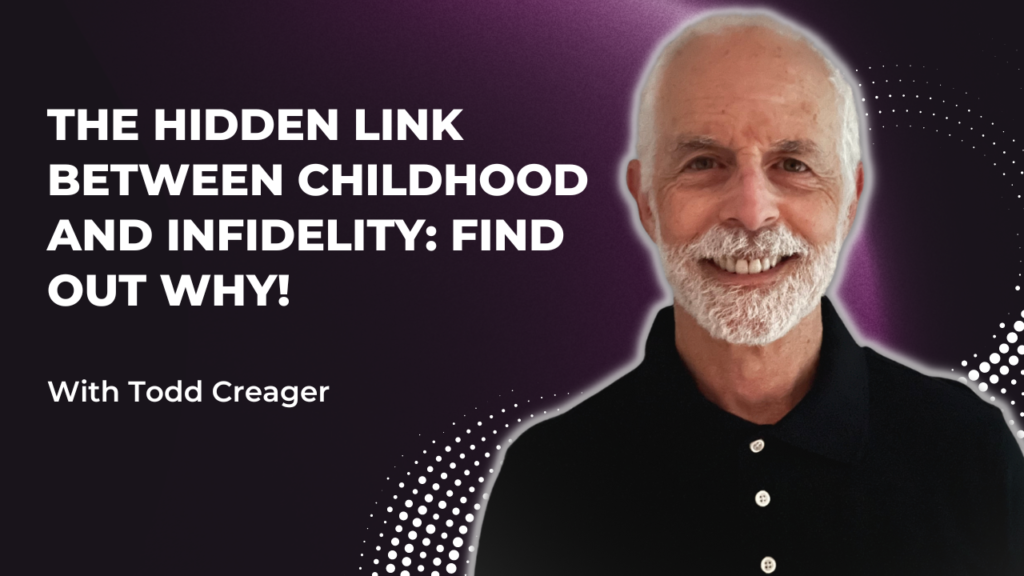
Explore the intriguing link between childhood and infidelity. Gain valuable insights into why certain individuals are more prone to cheating in relationships.
Learn More Here
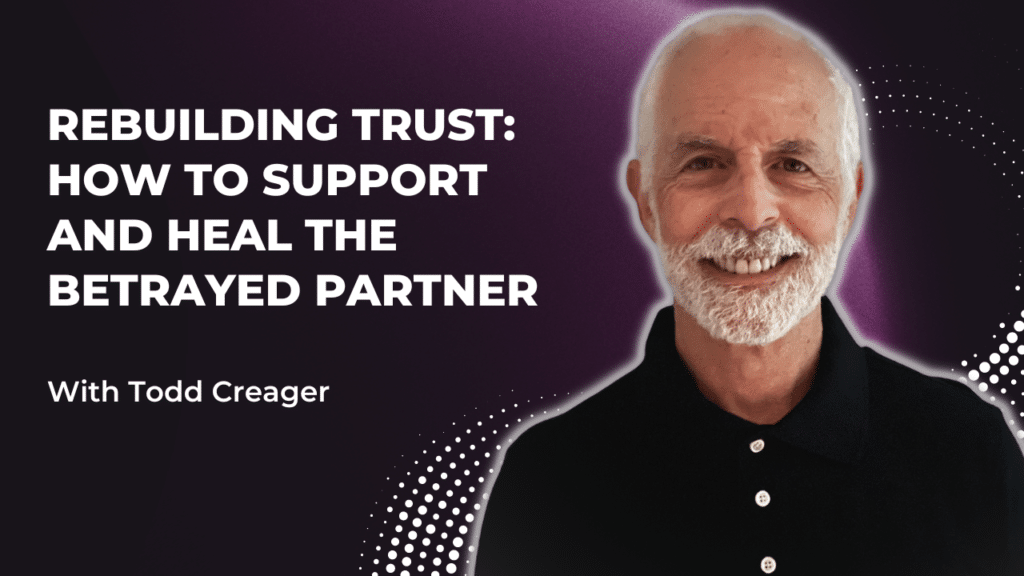
Find out why victims of infidelity often blame themselves and learn how to support and heal the betrayed partner.
